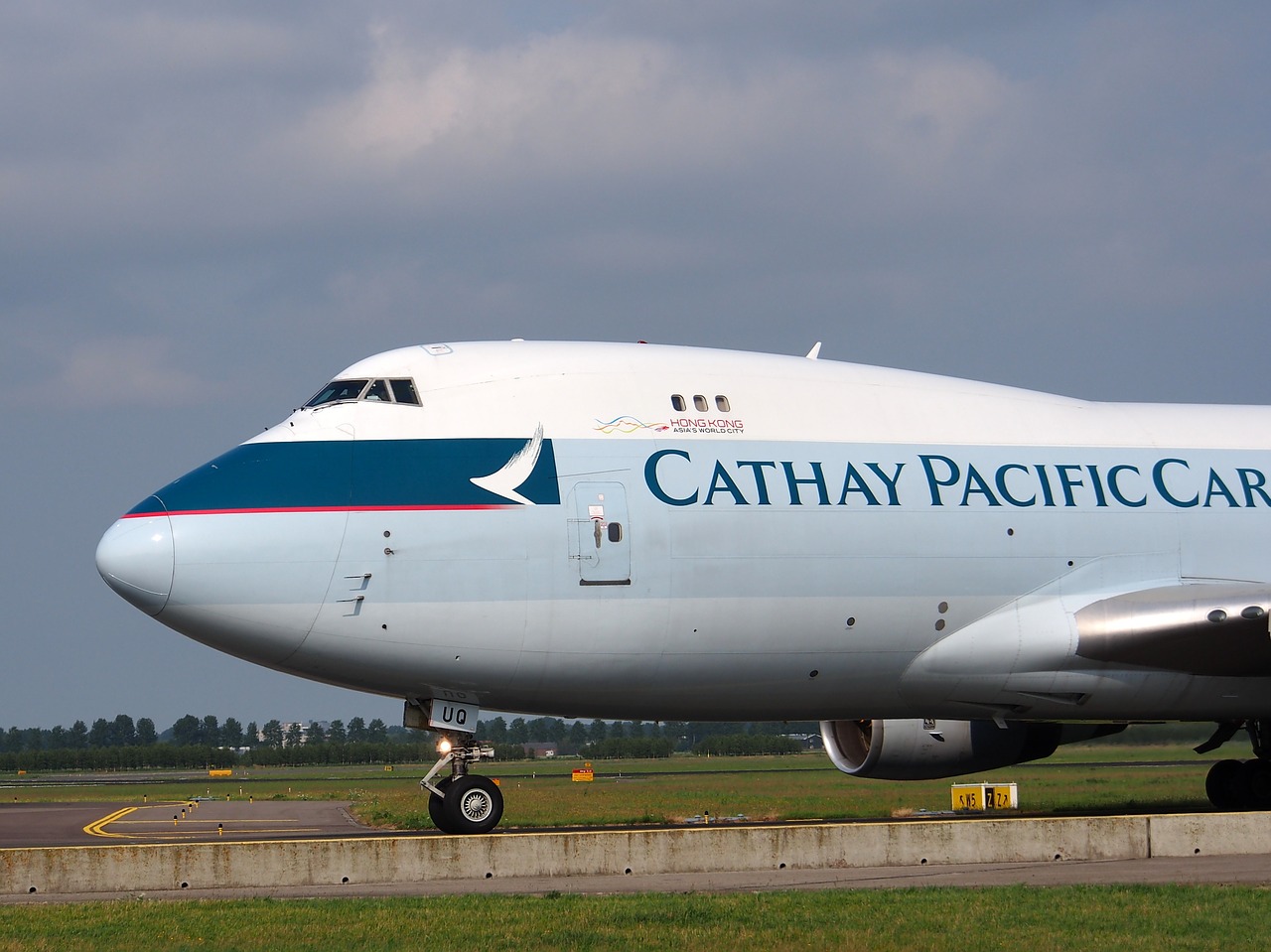
Hong Kong airline Cathay Pacific has asked its employees to take three weeks of unpaid leave to help it cope with the impact of the coronavirus outbreak.
To address the effects of the coronavirus outbreak, Cathay Pacific has offered a voluntary special leave scheme that will allow staff to take three weeks of unpaid leave from March 1 to June 30, 2020.
The airline pointed out that preserving cash was "key to protecting" its business.
Prior to the outbreak, the flagship carrier had already been affected by the decline of passenger demand due to several months of anti-government protests in Hong Kong. The territory is considered an international financial and travel hub and is an integral part of its business.
According to analysts, the airline was already expected to offer the unpaid leave scheme just for those issues anyway.
On Tuesday, Cathay Pacific announced plans to reduce its services by around 30% over the next two months, including a cut of about 90% in flights to mainland China.
In a statement, the airline said: "In view of the Novel Coronavirus outbreak and also significant drop in market demand, we just announced massive capacity cuts yesterday. Preserving cash is the key to protecting our business. We have already been taking multiple measures to achieve this."
"Today, we are appealing to all employees to participate in the special leave scheme, which will take effect from 1 March and last until 30 June. All employees will have the option to take three weeks of unpaid leave in this period," the statement added.
According to the Reuters news agency, Cathay Pacific chief executive officer (CEO) Augustus Tang has sent a video message to employees discussing that the airline has asked its suppliers to cut prices, stopped hiring new staff and postponed some major projects and stopped all non-critical spending.






